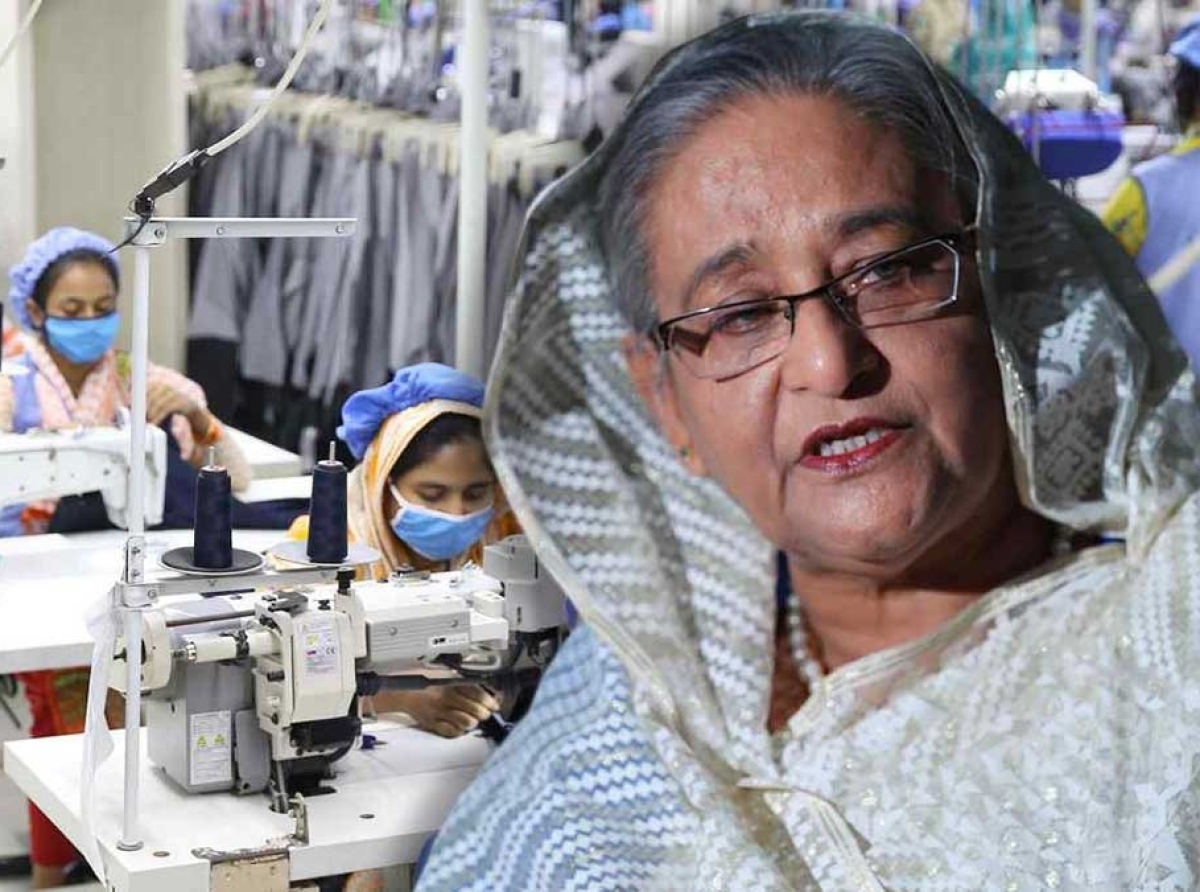Resilience Amidst Challenges: Garment Industry's Journey

02 June 2023, Mumbai
The Bangladesh ready-made garment industry has overcome numerous challenges and remained resilient over the years. BGMEA, with its proactive approach, has played a key role in facilitating trade and business in the country.
The support from the government has been instrumental in bringing the sector to its current stage.
With a vision for 2030, the industry aims to achieve a strategic target of USD 100 billion in exports sustainably. To realize this vision, a reevaluation of business processes and a shift beyond traditional norms are essential.
BGMEA: Facilitating Trade and Business
FOC Advantage; Against this backdrop, there was a pressing need for an extended threshold for importing raw materials under a free-of-cost (FOC) basis. BGMEA presented a compelling argument to government agencies, including the NBR, advocating for this change.
As a result, the NBR issued a circular on January 4, 2023 (Circular Number: 08.01.0000.56.05.003.18/11), allowing factories to import raw materials for 6 months instead of the previous 4 months on a FOC basis.
This amendment aligns with the Import Policy for 2021-24, granting 100% export-oriented factories the opportunity to import raw materials on a FOC basis for 6 months.
Commercial Cost Reduction and Supply Chain Flexibility
Previously, the practices of the National Board of Revenue did not align with the Import Policy, causing exporters to miss out on this extended facility. Now, with the issuance of the S.R.O. by the NBR, the implementation of the Import Policy 2021-24 will proceed smoothly.
Given the heavy reliance of the ready-made garment industry on imported raw materials, this policy change will significantly increase trade capacity. Manufacturers will be able to import a greater quantity of raw materials, relieving the pressure on credit limits from banks.
This will lead to reduced commercial costs and enhanced flexibility in operations and supply chain management.
Additionally, some buyers prefer the FOC system as it allows them to procure raw materials at favorable prices from their own suppliers, which was hindered by previous policy settings.
The extended limit of import under FOC will provide manufacturers with the flexibility to import more raw materials, enabling them to pursue their desired growth trajectory.
























